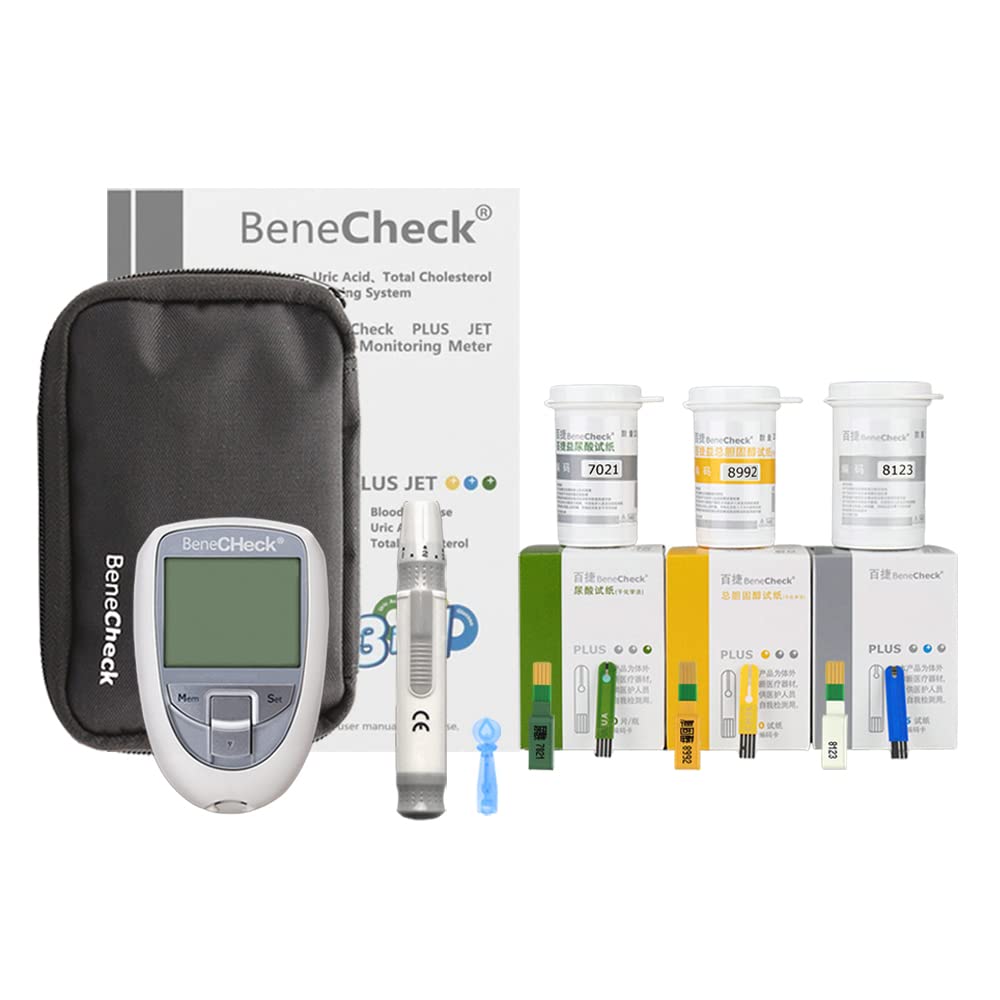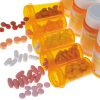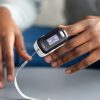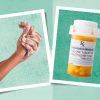- Empty cart.
- Continue Shopping
How to Use a Cholesterol Test Kit Correctly

Monitoring cholesterol levels is crucial for assessing your cardiovascular health. High cholesterol can lead to a range of health issues, including heart disease and stroke. While lab tests are the gold standard for accuracy, home cholesterol test kits have become increasingly popular for their convenience. However, using them correctly is essential for reliable results.
Types of Cholesterol Test Kits
Complete Lipid Profile Kits
These kits measure total cholesterol, LDL (Low-Density Lipoprotein), HDL (High-Density Lipoprotein), and triglycerides. They are more comprehensive but usually more expensive.
Single-Measure Kits
These kits measure only one type of cholesterol, usually total cholesterol, and are generally more affordable.
Preparing for the Test
Fasting
Most cholesterol test kits require you to fast for at least 9-12 hours before taking the test to ensure accurate results.
Read Instructions
Always read the instructions that come with your specific kit carefully, as different kits may have different procedures.
Steps to Use the Kit
Step 1: Wash Hands
Wash your hands thoroughly with soap and warm water to ensure they are clean and to improve blood flow.
Step 2: Prepare the Lancing Device
Insert a sterile lancet into the lancing device, which you’ll use to prick your finger.
Step 3: Collect the Blood Sample
Use the lancing device to prick the side of your fingertip. Gently squeeze your finger to produce a blood droplet.
Step 4: Apply Blood to Test Strip
Place the blood droplet onto the test strip or into the well, depending on your kit’s design.
Step 5: Insert the Test Strip
Insert the test strip into the meter and wait for the results, which usually take a few minutes.
Step 6: Record Results
Once the meter displays your cholesterol levels, record the results for future reference and consultation with your healthcare provider.
Interpreting Results
Normal Range
- Total Cholesterol: Below 200 mg/dL
- LDL: Below 100 mg/dL
- HDL: Above 60 mg/dL
- Triglycerides: Below 150 mg/dL
Consult a Healthcare Provider
If your results fall outside the normal range, consult a healthcare provider for further tests and treatment options.
Challenges and Considerations
Accuracy
While home test kits are generally reliable, they may not be as accurate as lab tests. It’s advisable to confirm results with a healthcare provider.
Calibration
Ensure that your test kit is correctly calibrated, as per the manufacturer’s instructions, for accurate results.
Expiry Date
Check the expiry date on your test kit and strips to ensure they are still valid.
in conclusion, home cholesterol test kits offer a convenient way to monitor your cholesterol levels, but using them correctly is crucial for accurate results. From preparation to interpretation, each step plays a vital role in the process. While these kits provide a quick snapshot of your cholesterol levels, they should not replace professional medical advice and regular check-ups. Always consult a healthcare provider for a comprehensive understanding of your cardiovascular health.








